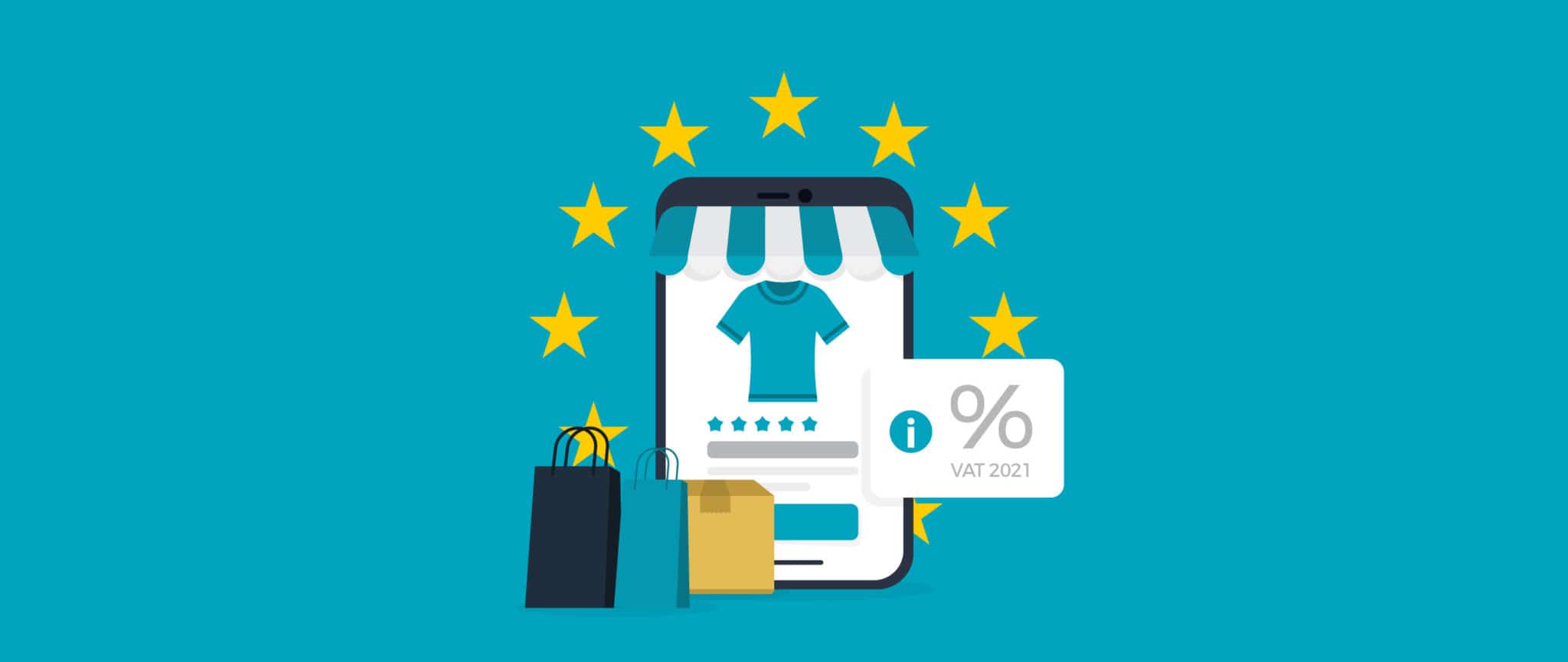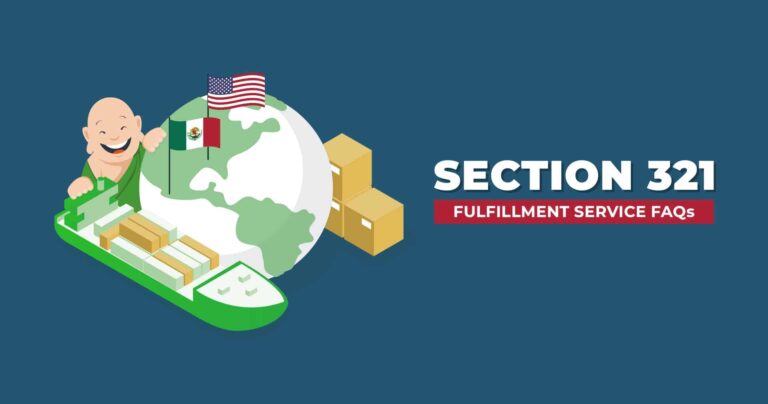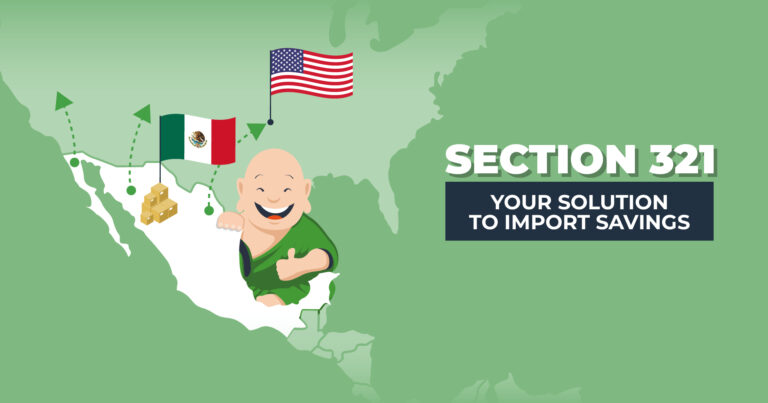Explaining the 2021 EU VAT Changes
Times are a-changin’. If you’re an eCommerce company who dabbles in the world of international shipping, then you’ve probably heard the buzz about the 2021 updates to EU VAT, or European Union value-added tax. We know — not the most exciting topic, but definitely an important one that affects all merchants doing business in the European Union.
Before you start running for the hills, we promise to make this read as pain-free, informative, and fun as taxes can possibly be — we’ve already done it once, and we think we can pull it off again. Sit back, grab a snack, and get caught up on 2021 EU VAT.
What Is VAT?
Ah! Great question. VAT, or value-added tax, is a consumption tax that’s levied incrementally on the price of a product at each stage of the supply chain, from manufacturing to distribution to the final point of sale.
VAT is used by most countries in the world; the notable exception being the United States, where sales tax reigns supreme. Functionally, both taxes work similarly and are paid for by the designated consumer, but the main difference is that sales tax is applied at the end of the supply chain while VAT is applied throughout it.
Now that we have that down, let’s move on to the juicy stuff.
2021 EU VAT Changes
On July 1, 2021, the EU implemented new VAT regulations that made all imported goods subject to VAT regardless of declared value. This overturned an earlier exemption that allowed merchants to skip VAT if their goods were valued at or below €22.
That’s the gist of it… but wait, there’s more!
Why Did This Happen?
According to our investigations, the 2021 EU VAT changes attempt to accomplish the following:
- Simplify VAT through the consolidation of the tax collection process for both merchants and government bodies.
- Reduce VAT fraud, which is estimated to have cost the EU €160 billion in 2017.
- Make commerce fairer for EU-based merchants, who, unlike non-EU merchants, were required to collect and pay VAT with no exemption.
All in all, it looks like these updates are here to stay, which leads us to the next big question.
What Does This Mean?
Primarily, it means the abolishment of the VAT exemption and the removal of the €22 tax de minimis, thereby making all packages imported to the EU subject to VAT. Additionally, for orders with a value of €150 or less, merchants are now the ones responsible for collecting and remitting VAT.
Secondary effects include the incorporation of OSS (One-Stop Shop) and IOSS (Import One-Stop Shop) — more on that in a bit.
Who Is Affected?
All companies shipping to countries in the EU are affected, particularly if they do not have legal entity there.
Who Is Not Affected?
Aside from online businesses who do not ship to the European Union, merchants who rely on a marketplace like Amazon or eBay to do their eCommerce bidding will not have to worry about the 2021 EU VAT changes. Since marketplaces have their own registration ID, they’ll be in charge of collecting and remitting VAT.
What Are My Options?
From here, you have three main options — we’ll cover those first.
#1. DDU (Delivery Duty Unpaid)
Lucky for us, we’ve talked about DDU in a previous blog post — be sure to check that out after you’re done here! To summarize, DDU, or Delivery Duty Unpaid, gives merchants the ability to ship orders without paying for import fees, instead shifting that responsibility to their customers.
While DDU may seem like a one-and-done deal, it’s far from it. One, VAT and duty collection can potentially lengthen already long delivery times. Two, many customers are new to international eCommerce and are therefore not used to paying more than the sticker price. And, even if they are expecting an additional payment, they might change their minds once they see how expensive it can truly get. All in all, DDU can lead to higher return rates and less-than-thrilled shoppers — no bueno.
#2. IOSS (Import One-Stop Shop)
Want to make things super simple for you and your customers? IOSS, or Import One-Stop Shop, is the way to go. Through IOSS, merchants can access the EU’s centralized tax registration system to collect VAT at checkout and, with the help of an EU-based intermediary, remit it to EU authorities.
To register and use IOSS, make sure you have the following handy:
- An EU-based intermediary
- A description of your goods
- The HS code
- The country of origin
- The declared value
- Freight and insurance costs
- Consignee and seller addresses
- Your contact information
Of course, even if you are registered, a shipment may still not qualify if:
- The declared value is over €150.
- The shipment contains goods that are prohibited or restricted (like alcohol and tobacco).
- The shipment is dispatched from within the EU.
- The shipment is going to a location that is outside the EU.
It’s also worth noting that, once registered, a merchant cannot opt out of IOSS in favor of DDU.
#3. OSS (One-Stop Shop)
OSS, or One-Stop Shop, is the extension of IOSS but for EU-based merchants.
Your last two options would be to a) register for a VAT number in every country you do business in; or b) set up a legal entity in the EU and register for the OSS by yourself. However, due to cost and complexity, we recommend sticking to DDU or, ideally, IOSS.
VAT Breakdown by Country
For good measure, let’s finish off by taking a look at the VAT breakdown for each country in the EU.
| Country | VAT |
| Austria | 20% |
| Belgium | 21% |
| Bulgaria | 20% |
| Croatia | 25% |
| Cyprus | 19% |
| Czech Republic | 21% |
| Denmark | 25% |
| Estonia | 20% |
| Finland | 24% |
| France | 20% |
| Germany | 19% |
| Greece | 24% |
| Hungary | 27% |
| Ireland | 23% |
| Italy | 22% |
| Latvia | 21% |
| Lithuania | 21% |
| Luxembourg | 17% |
| Malta | 18% |
| Netherlands | 21% |
| Poland | 23% |
| Portugal | 23% |
| Romania | 19% |
| Slovakia | 20% |
| Slovenia | 22% |
| Spain | 21% |
| Sweden | 25% |
Although we’ve given you a hefty dose of the 411, we still advise that you consult with a tax professional and/or your trusty 3PL partner. Since every business is unique, working with someone who has a tailored understanding of your specific needs can save you money, time, and headaches down the line.
Questions? Comments? Shoot us a message and we’ll get back to you ASAP!
P.S. Want to stay informed on all the latest eCommerce happenings? Subscribe to our blog newsletter!



